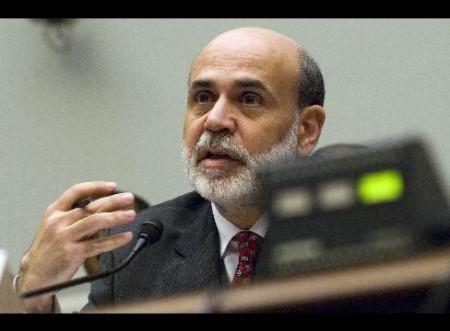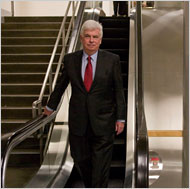
Lehman Brothers HQ in New York
Global investment bank Lehman Brothers is teetering on the verge of collapse after Barclays pulled out of an 11th-hour rescue.
The departure of Barclays left US Treasury Secretary Hank Paulson and Tim Geithner, the head of the Federal Reserve Bank of New York, spearheading desperate last-ditch attempts to put in place some form of a workable rescue package.
Traders fear that the collapse of Lehman would send shockwaves around the world and spark a global sell-off of shares.
Lehman which employs 4,000 staff in London and 24,00 around the world, could be placed into liquidation as soon as Monday. The bank would be the single largest casualty of the current credit crisis and its collapse one of the biggest failures in Wall Street history.
In one of the most traumatic days in the history of Wall Street, Bank of America is reported to be on the verge of buying Merrill Lynch for $38bn.
Read moreLehman Brothers teeters on verge of collapse as Barclays pulls out



